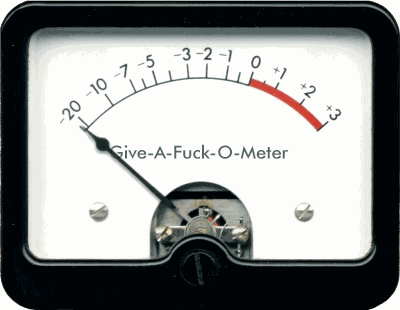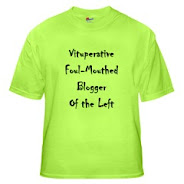The right of the people to be secure in their persons, houses, papers, and effects, against unreasonable searches and seizures, shall not be violated, and no Warrants shall issue, but upon probable cause, supported by Oath or affirmation, and particularly describing the place to be searched, and the persons or things to be seized.The Supremes just gutted it some more. They held, in essence, that if a prosecutor is able to persuade a judge to sign a material witness warrant, even if the affidavit from the prosecutors is riddled with lies and half-truths, then the Feds can hold someone even if there was never any real plan to use the arrested person as a witness. A couple of the concurring justices tut-tutted about the brutal treatment that the so-called material witness received at the hands of the FBI and the prison guards, but that, of course, didn't matter a whit to the majority.
Bottom line: If they can find a sufficiently addlepated judge to sign off on a material witness warrant based on a bogus affidavit, they will throw you into a constitutionally-blackened hole.





























